Bob Mould (Husker DU) -Interview By: Liam Sweeny
Written by Staff on June 6, 2022
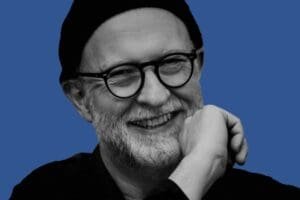 Some people in music have a curriculum vitae. A body of accomplishments that, in my case, makes it difficult for me to focus on just one thing. Also, for them as well, I imagine. And it’s difficult, when a performer has had multiple successful projects, to just hone in on one. And add to that the fact that they may have some underground cred, some notoriety, and it might be daunting to give it all to you.
Some people in music have a curriculum vitae. A body of accomplishments that, in my case, makes it difficult for me to focus on just one thing. Also, for them as well, I imagine. And it’s difficult, when a performer has had multiple successful projects, to just hone in on one. And add to that the fact that they may have some underground cred, some notoriety, and it might be daunting to give it all to you.
Bob Mould is such a person. A founding member of punk band Husker Du, founding member of Sugar, solo artist, DJ, wrestling writer, television and commercial theme song contributor, and, and, and…
RRX: In researching you for this interview, I knew I was going to find a lot, and it was beyond a lot. A founding member of the punk band Husker Du, a founding member of Sugar, a solo artist, a wrestling script writer; even the writer of the theme for “Daily Show”. And that’s shorting it. You could only have done one thing. What was it, and why?
BM: That’s an amazing question. What would I have done if I could only have done one thing? Probably the first one, because without that, none of them would’ve even been in the picture. So, I would say that, logistically, Husker Du was my introduction into stage performance and recording. So, I guess everything starts there. Everything you just mentioned are, yeah, part of my CV and through the generosity of friends when those opportunities happened, through sheer determination some of things happened. I don’t know how many of them happened because my craft is better than anyone else’s. I think a lot of it is hard work, and just trying to move forward, trying to do the best work I can and it all starts with my first band, Husker Du, which started performing in 1979.
RRX: Husker Du was an iconic band. You were known for a very balls-to-the-wall kind of sound, that ‘wall of sound.’ And a wall of sound was a feature of rock, but also of other styles of music, say, Motown and the Wrecking Crew, or classical. How did you make that full sound distinct from other bands that had that going on?
BM: My history with music goes way back to the mid-60s. My late father used to buy used jukebox singles, and those were my toys when I was a small child. All of the things that you mentioned, whether it was Motown, or British Invasion, or Phil Spector’s productions – all of those things caught my ear and fascinated me as a small child. It taught me how to play music and write music, and over the years of recording, starting with Husker Du, and I think especially with the Sugar album, that wall of sound that you talk about, you know, it comes from learning studio techniques, calling back to those records from my early days. A pivotal record for me was the first Ramones record. Just the sheer power and simplicity of it. And I always mention to people that it was such a great record to learn how to play guitar with, because if you go back and listen, the guitar’s completely on one side of the mix, bass guitars on the other side, so it’s a great learning tool. That’s how I learned that stuff.
RRX: You are a big fan of wrestling. My mother threw her purse in the ring one night when she was pregnant with me, so I get it. You had been a scriptwriter, and had associated with Kevin Nash and Kevin Sullivan. Some people criticize wrestling for being scripted, but there’s a lot more to it. What should people know that they don’t?
BM: Everything you see is real; obviously there is predetermination. There’s a lot of cooperation. There’s a lot of politicking. There’s a lot of physicality, a lot of pain, and injuries, and you know, these days, the product is a little bit cleaner, you know, a little bit more sanitized and a little friendlier to the performers. That used to be a tough life. The twentieth century wrestling that came out of the carnival era in the late 1800s… it’s an interesting American art form that became popular in Japan and Australia, Korea. The UK had versions of fighting that were similar to pro wrestling that sort of melded. People look at it as a sort of working-class entertainment. Nowadays with WWE, it’s more a sports entertainment presentation, where it’s very family friendly, very sponsor friendly. It comes and goes as an art form, as a sport or entertainment however anyone wants to define it. I was a life-long fan of the wrestling business, I was a student of the business, and I was very lucky to get called to be part of the creative team at World Championship Wrestling in the fall of 1999 through the spring of 2000. It was sort of like a dream come true. It was really hard work, I was learning as I went, and I tried to help and did the best I could with WCW, and it was great times. You mentioned Kevin Nash and Kevin Sullivan; we became good friends and good colleagues.
RRX: Your band Sugar had an album that sold 300,000 copies, not at all an easy feat. Considering how much music is out there, and considering a lot of fans copy other friends’ music, and Limewire and Napster were huge then, you probably got out to 6-750,000 people. It goes beyond simple logistics; how did the word get out?
BM: Sugar was, I guess, the third iteration of my career. The first part was Husker Du, from 79 through the end of 87. Then I had two solo records in 89 and 90. And then 1992 was the formation of Sugar, which originally was meant to be my third solo album, but once I started working with David Barbie, the bass player, and Malcolm Travis, the drummer, it became clear that we were more like a band than a solo project with a rhythm section. So, we gave it a band name, and yeah, we had a lot of success, I suppose, from my continuation of my prior work, but also, we were a very solid touring band. We were constantly on the road for three years and we had recorded three albums. Had a pretty fast rise to the top of the UK charts, more than the US. In the US, MTV helped a lot. K-Rock, which is an FM station in Los Angeles; they helped a lot. There were a lot of people who contributed to Sugar’s quick ascent. It was a really exciting time. A really stressful time, a lot of hard work. As far as reaching people, we had a lot of momentum. We were doing a lot of press, a lot of radio stuff, a lot of touring, and that’s what musicians needed to do then. Still have to do that. And I think in terms of what you’re talking about, with sales figures and streaming and stuff like that, now in 2022, 30 years after that first Sugar record, it’s a very different game. Artists have to work so much harder for so much less. The music business back in the old days – some people would say it wasn’t terribly fair, but at least back then people paid for music, albums or CDs, or whatever format they bought physical objects and now thirty years later, recorded music is essentially a promotional tool for creating a brand, selling tickets, selling merchandise. That’s always been part of the business, but I think now because of streaming – the casual music fan sees it as sort of an all-you-can-eat situation. And then there’s the real passionate music fans who want physical objects. So, artists need to build themselves up so they can go out and sell tickets. That’s the general answer for any of us to make a living as a musician.
RRX: Talk about Husker Du, story.
BM: I remember playing a show with Husker Du in the mid-80s in Syracuse, I believe it was sort of a cellar or basement-type nightclub. I think it might have been on campus, Syracuse University. My parents came down; they drove down three hours to see the show. And I guess the feature of the story is that somewhere in the middle of Husker Du’s set, I think either someone started to have a seizure, or a heart attack in the mosh pit. They had to bring in paramedics and an ambulance to get the person out, and we stopped, for a moment… so this was my parents coming to see me perform, and you know, they’re rolling an old person out of the crowd. That’s just what you want your parents to see when they come to your workplace.
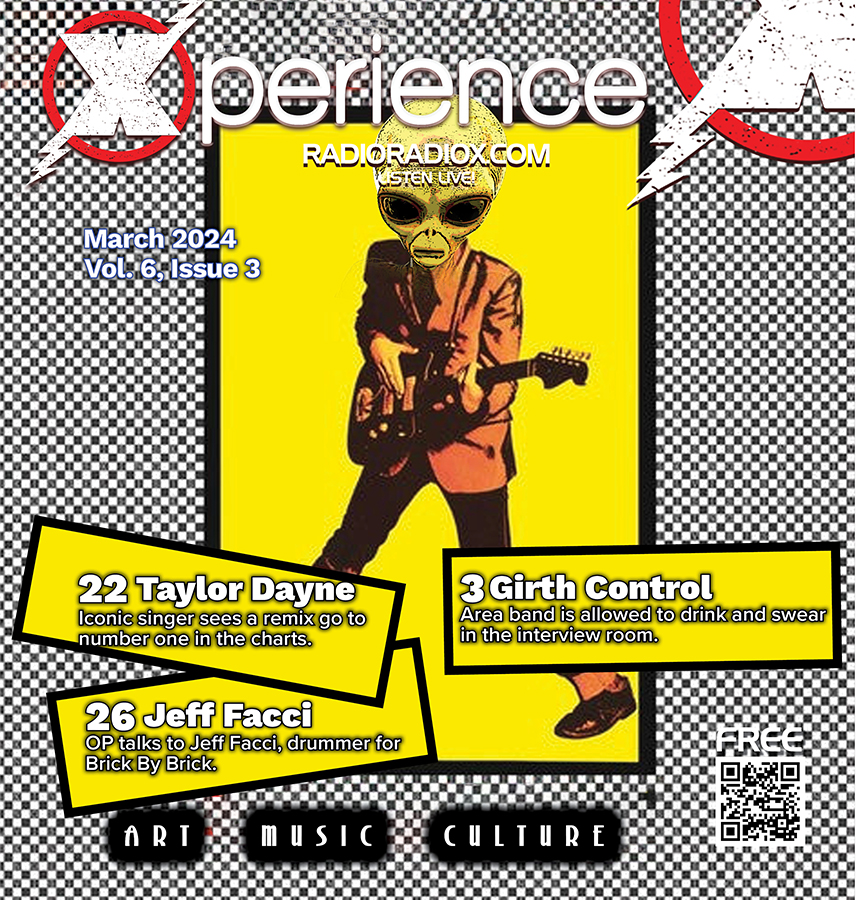
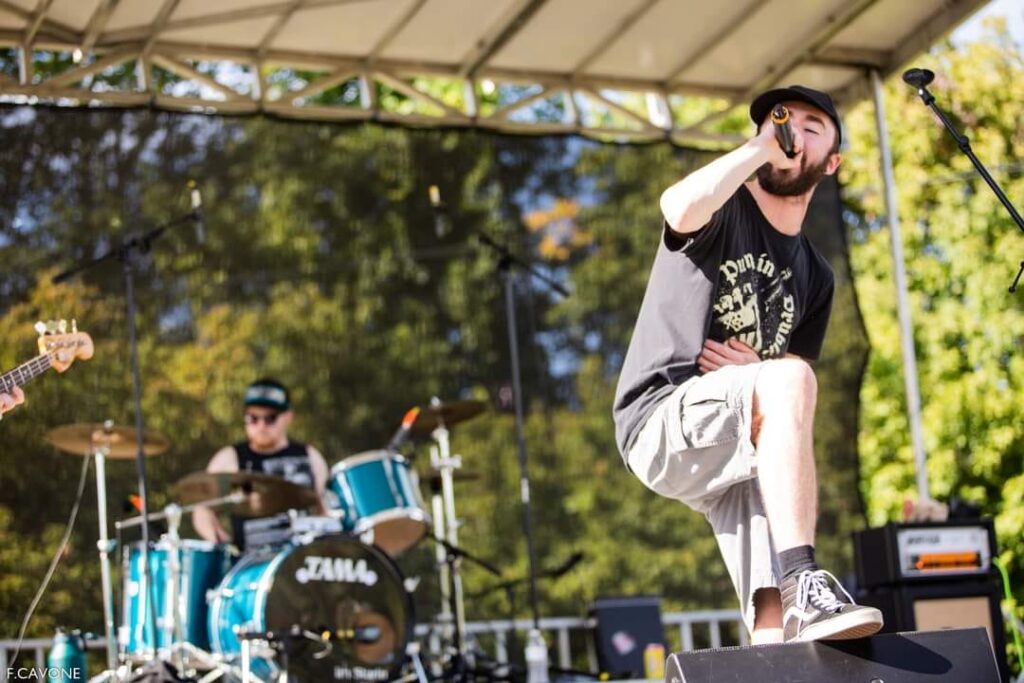
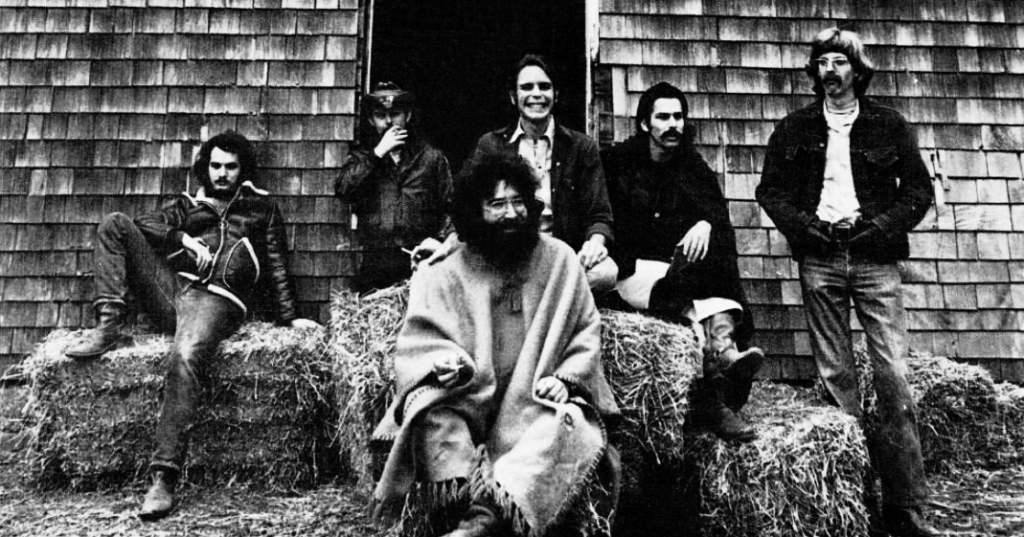

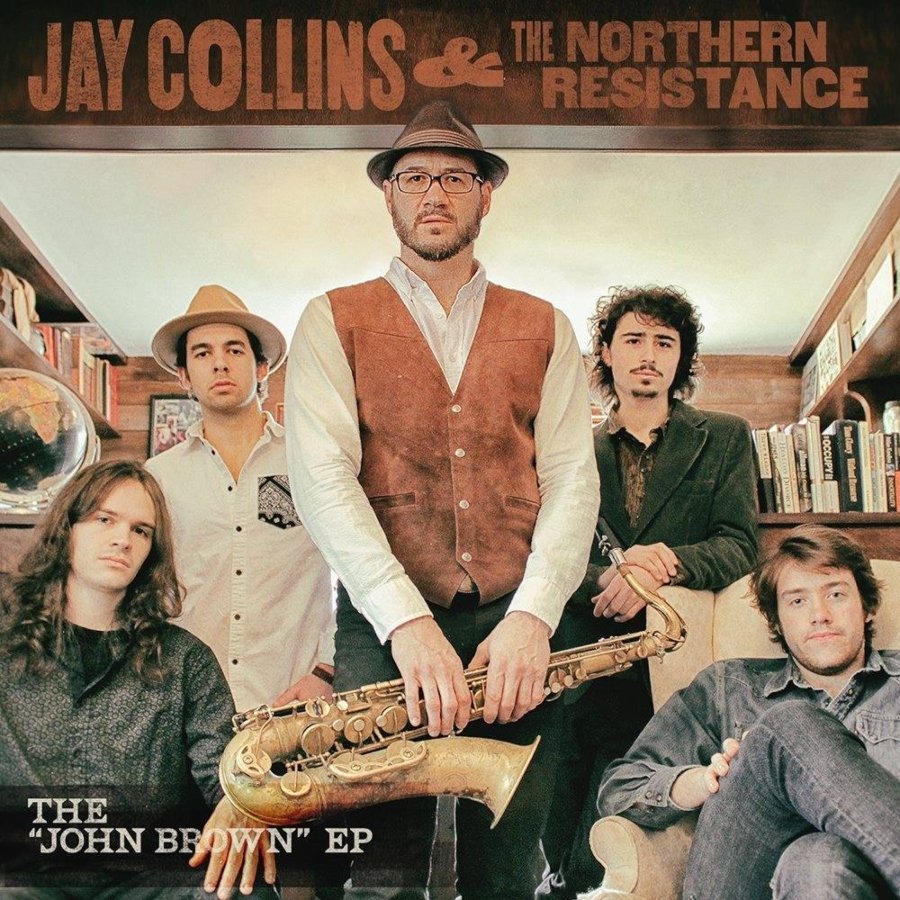
 RadioRadioX
RadioRadioX